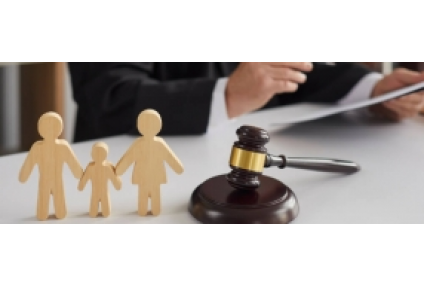Reinstatement of Parental Rights in Connecticut
There is probably nothing more devastating to a parent than not being able to maintain a close relationship with their child. But custody battles are common in family law cases, and protective services may become involved and make recommendations they feel are in the child’s bests interests. When the Connecticut Department of Children and Families (DCF) becomes involved in your life, your rights as a parent may be in jeopardy. Even if the DCF agent says they are on your side, you’ll want to use extreme caution in your interactions with this agency to protect the rights of you and your children. What is Termination of Parental Rights in Connecticut? In most U.S. states, the termination of parental rights means the same thing. The legal relationship between you and your child is completely severed by the court. If the rights of just one parent are terminated, the other parent becomes the minor’s sole legal parent. The child could also be adopted by a stepparent at this point. How Your Parental Rights Can Be Terminated in Connecticut A termination of parental rights is not the same thing as a custody action. Just because one parent has sole physical custody doesn’t mean that the other doesn’t have parental rights and responsibilities. It’s important to note that your parental rights can only be terminated through a court order. This is often triggered by a DCF investigation. And the termination can happen by consent or without consent. Termination of Parental Rights by Consent One of the ways your parental rights can be terminated is if you agree to it. Since you are also giving up your responsibility to support your children, the court must also determine that this is in your children’s best interests. This is a permanent solution to what is usually a temporary problem and not something we recommend. Termination of Parental Right Without Consent The other way the state can terminate your parental rights is without your consent. This is more common. The petitioning party must present clear and convincing evidence to prove that the termination is in the child’s best interests.








